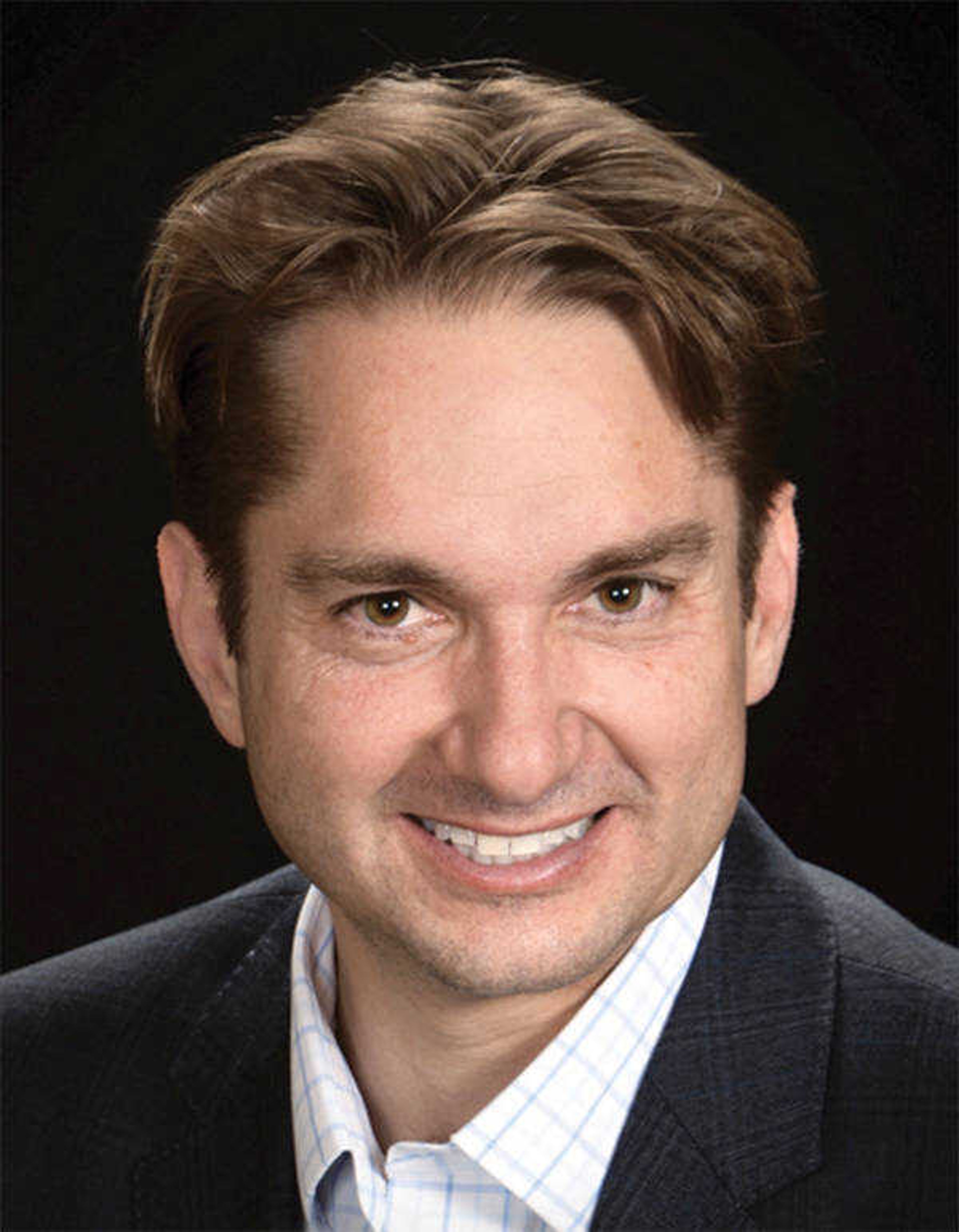DISCUSSING RACISM VITAL AND DIFFICULT
There was a headline on a guest column in Wednesday's Southeast Missourian that was unfortunate because it distorted the emphasis of a strongly-written and important editorial. The headline was, "Racism should not be used as an excuse for mediocrity."...
There was a headline on a guest column in Wednesday's Southeast Missourian that was unfortunate because it distorted the emphasis of a strongly-written and important editorial. The headline was, "Racism should not be used as an excuse for mediocrity."
In itself, the headline is not inaccurate. Racism should not be used as an excuse for mediocrity. And the column's author, Brian Shelton, does conclude with, "Let's quit using racism as an excuse for mediocrity, and start trying to remedy the mediocrity."
The problem with the headline and the concluding statement, however, is that they can be read into saying, "There is no racism in America, and if blacks have not succeeded, it is their own fault."
Mr. Shelton may, in fact, mean this, since elsewhere he writes:"I realize that the tone of this column will raise some eyebrows, as well as some tempers. But we've heard time and time again from the NAACP, the media, and others on the political left that my generation must bear the cross for the sins of the racists who preceded us, even though collectively we have done little, if anything, to hinder the progress of blacks." But I don't believe he does. The phrase "collectively we have done little, if anything," implies to me that Mr. Shelton recognizes instances of individual racism; he just doesn't believe it is institutionalized.
The fact of the matter is that racism does exist. Whether it is institutionalized, or, rather, how much it is institutionalized, is more difficult to determine.
Certainly, though, no one doubts prejudice (the original flaw that leads to racism) exists. Just last weekend, while volunteering at the Cape Girardeau Civic Center, I witnessed it again, this time while parking cars in the center's parking lot during Riverfest.
"You're going to watch my car, right?" said a young man from Kentucky who could have been my brother.
"Sure, we'll be here until about 11," I said.
"No," he said. "You are going to watch my car, right?"
"Til about 11," I said again.
"No, you don't understand," he said, looking over at the Civic Center director and several other volunteers, all who were black. "YOU are going to watch my car, RIGHT?"
I stared back at him as I finally realized what he meant. In hindsight I wish I had said something stronger, but all I did say was:"One of us will be here, do YOU understand? And whoever that is will watch it until about 11."
Indeed, prejudice does exist. And it is getting worse in this country, exacerbated by the rap artists who celebrate racial murder, hate and destruction, and by the newspaper and television shows that thrive on race-related conflict, violence and shallow moral grandstanding.
The real issue is determining how we as a community can reduce prejudice and, thus, defeat racism. Mr. Shelton's column is a step in that direction, and that is why it is important. It honestly expresses his and many other people's frustrations with what they perceive as a one-sided, blame-casting atmosphere in today's debate. His column provides points of issue, of disagreement, that when discussed may lead to understanding and change.
One lesson of the '60s, which we are still coming to grips with three decades later, is that while passing laws and reforming institutions are important, they are the easy part. The problems such changes are supposed to solve don't always go away.
For example, reducing prejudice ultimately means changing attitudes. This takes education as well as a desire to learn and understand. It takes commitment. And, hardest of all, it takes time and patience. These are all things that, at the most vital level of family and individual relationships, are beyond law and institution.
Mr. Shelton writes in his column that he is weary of being blamed for things that are not of his doing. He is weary of "bear(ing) the cross for the sins of the racists who preceded (him)." It is, indeed, wearisome, Mr. Shelton. But that is life.
All of us – black, white, yellow, rich, poor, wise, dumb and indifferent – bear the cross of those who lived before. Society did not spring out of a god's head fully clothed. The past decides the present; the present decides the future.
The question is, How will we act today to build that future so that you and your children do not have to deal with the finger-pointing that wearies you, and my friends and their children do not have to deal with the questions, insensitive comments and barriers that weary them?
This question is not directed merely at Mr. Shelton. It is directed at the NAACP leaders he addresses in his column – as well as to the blacks and whites who sadly remain quiet when, in fact, nonsense does fill the air.
Indeed, do we gain anything, really, by arguing that only whites can be racist or by insisting that everyone say "African-American," and to do less is prejudiced? On the other hand, do we gain anything by denying the existence of prejudice and racism, and implying that black poverty and unemployment is divisible from this country's racial heritage?
In fact, we don't gain anything from these diversions, which impede rather than advance solutions to the real problems. And that is why it is good an honest dialogue has begun.
Connect with the Southeast Missourian Newsroom:
For corrections to this story or other insights for the editor, click here. To submit a letter to the editor, click here. To learn about the Southeast Missourian’s AI Policy, click here.










